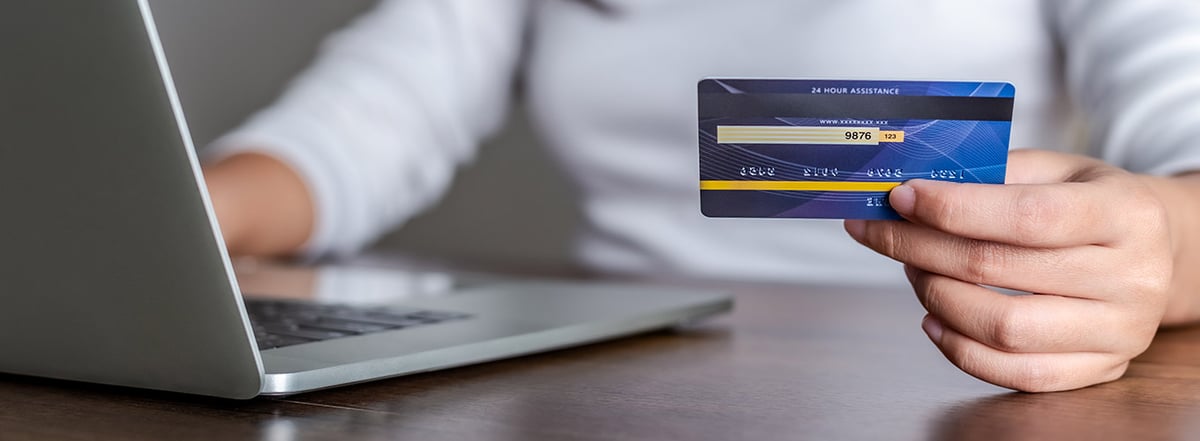How can I protect my CVV number

Protecting your CVV number is crucial for maintaining the security of your credit or debit card.
Here are some tips to help you safeguard your CVV:
-
Keep Your Card Secure:
- Store your card in a secure place, and be mindful of its whereabouts. Avoid leaving it in easily accessible locations.
-
Memorize Your CVV:
- Avoid writing down your CVV or storing it in digital files. Memorizing the code makes it less likely for others to access it.
-
Don't Share Your CVV:
- Never share your CVV with anyone, whether in person, over the phone, or online. Legitimate entities, such as banks or reputable merchants, will not ask for your CVV.
-
Use Secure Websites:
- When making online purchases, ensure that you are using secure and reputable websites. Look for "https://" in the URL and check for security symbols like a padlock icon.
-
Be Wary of Phishing Attempts:
- Be cautious of phishing emails or messages that request your card details, including the CVV. Legitimate organizations will not ask for such sensitive information via email.
-
Regularly Check Your Statements:
- Monitor your credit card and bank statements regularly for any unauthorized transactions. If you notice any discrepancies, report them to your card issuer immediately.
-
Enable Two-Factor Authentication (2FA):
- Whenever possible, enable two-factor authentication for your online accounts. This adds an extra layer of security beyond the CVV.
-
Use Virtual Cards:
- Some credit card providers offer virtual card services. These temporary, one-time-use card numbers can enhance security for online transactions without exposing your actual card details, including the CVV.
-
Secure Your Devices:
- Keep your devices, such as computers, smartphones, and tablets, secure with up-to-date antivirus software and security patches to reduce the risk of malware or hacking.
-
Report Lost or Stolen Cards Immediately:
- If your physical card is lost or stolen, report it to your card issuer immediately. They can help secure your account and issue a replacement card.
Remember, the CVV is a valuable security feature, but your overall security depends on a combination of good practices, vigilance, and the implementation of additional security measures offered by your card issuer. If you ever suspect that your CVV may have been compromised, contact your card issuer promptly to take appropriate action.
Thank you.
